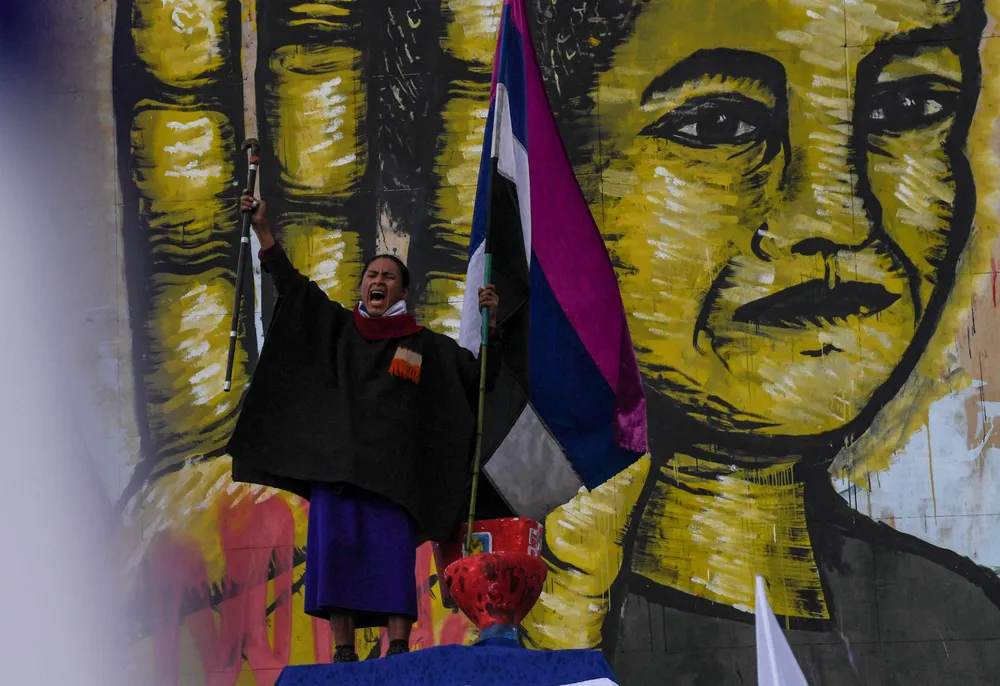Colombian unrest forces Frontera to shut in oil production at Llanos block
Road blockages in Llanos basin hit Canadian company's production, amid simmering unrest in Colombia

Road blockages in Llanos basin hit Canadian company's production, amid simmering unrest in Colombia
